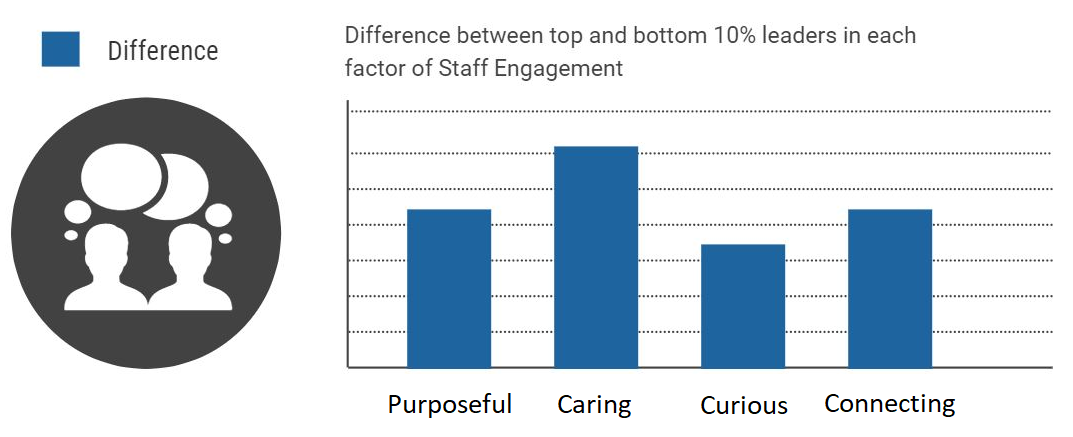Power Oriented
Characterized by low cooperation, blame, hiding incidents. Information is often withheld for personal gain. It is not safe to speak up, especially if doing so might be embarrassing. Messengers are shot, responsibilities are shirked. When things go wrong, a scapegoat is found and punished. There is no real learning from failure. | Rule Oriented
Focused on positions, hierarchy, span of control. Responsibilities are compartmentalized by departments that seek to preserve their own existence and power. Information must flow through standard channels or procedures, in order to preserve status quo. Messengers are neglected, responsibilities are narrowed. When things go wrong, there is a process to produce retribution. Learning is institutional. | Purpose Oriented
The hallmarks are good information flow, high cooperation and trust, bridging across teams, and conscious inquiry. Psychological safety creates openness, curiosity, care, and systemic learning. There is awareness of the importance of getting the right information to the right people, in the right form at the right time. When things go wrong, people look for a systemic cause and for systemic solutions, a recognition of the interrelated parts of the organization. Messengers are trained. |









